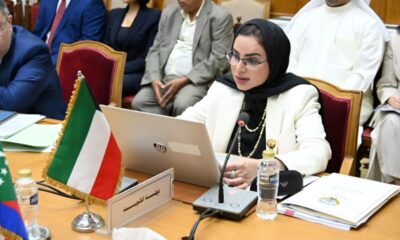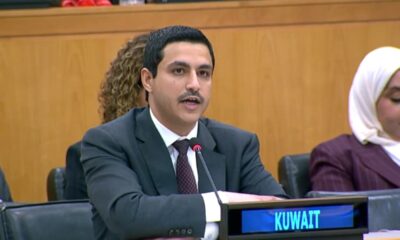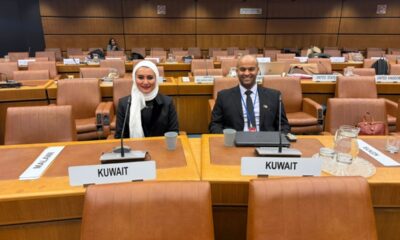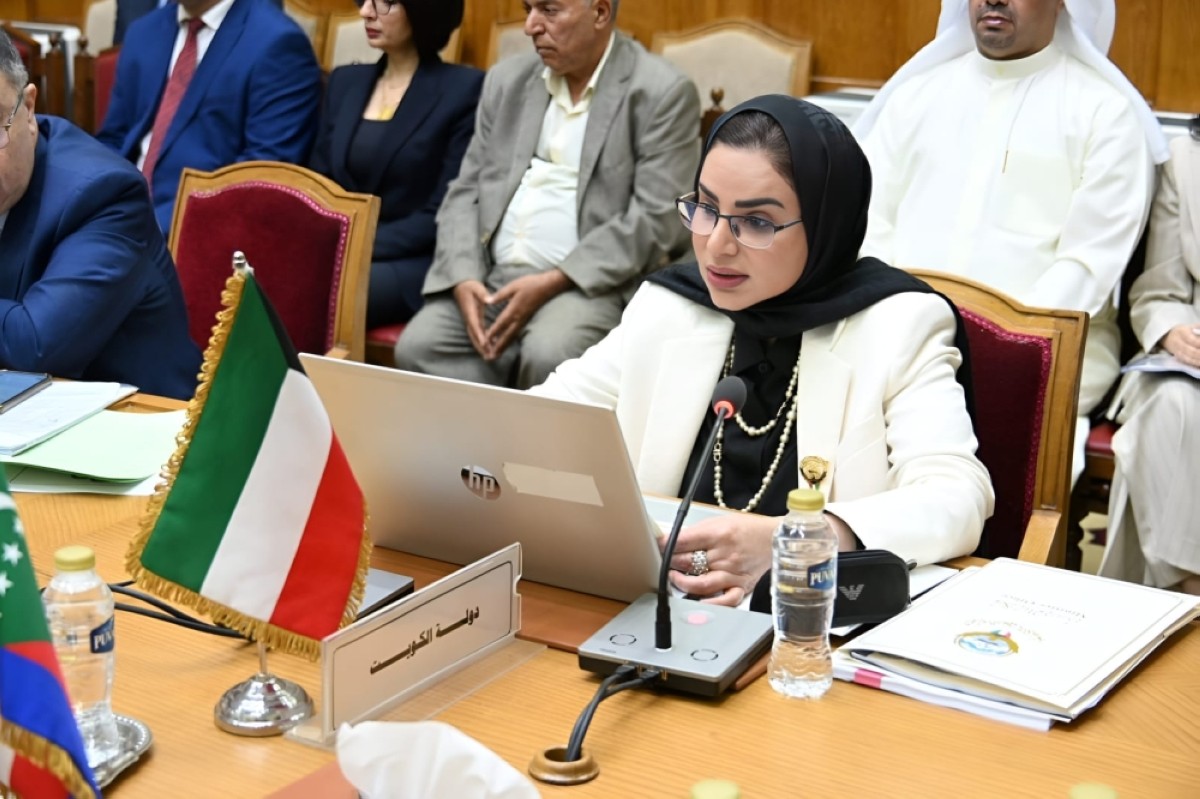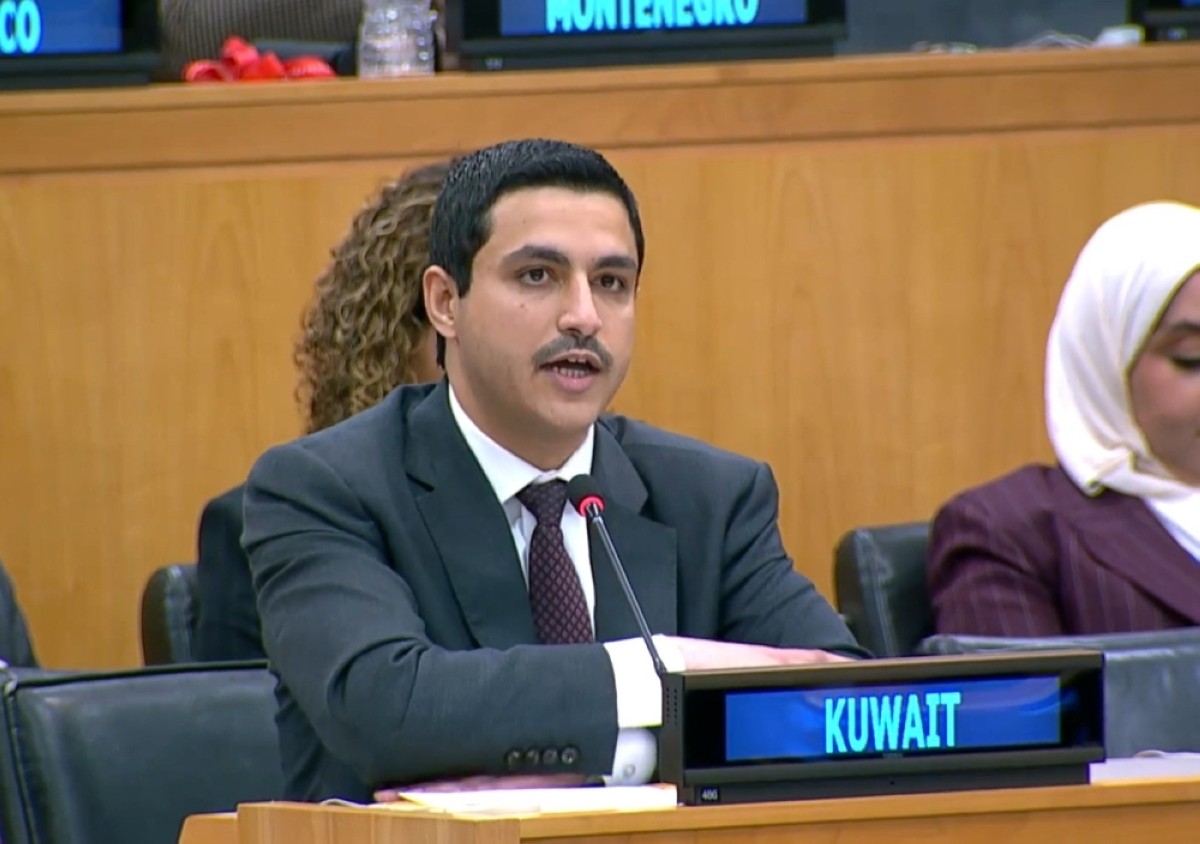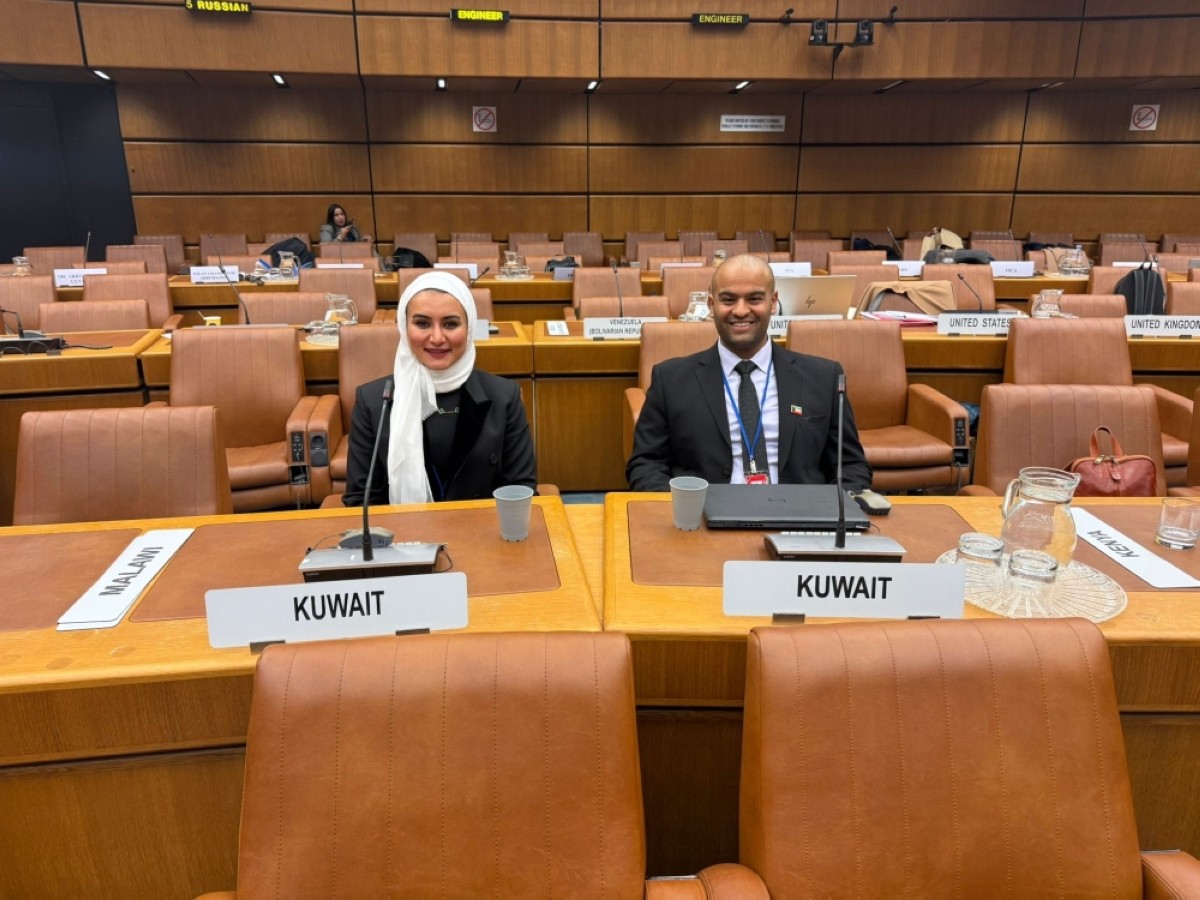Municipal Council forms fact-finding team; ministries face deadline to report violations
KUWAIT: The Kuwaiti government is intensifying efforts to tackle illegal encroachments on state-owned land, directing nearly two dozens of ministries and agencies to swiftly remove unauthorized developments and report violations. During its weekly meeting on Tuesday, the Cabinet reviewed a report submitted by the Ministry of Finance detailing instances of illegal use and encroachments on state property throughout 2024. In response, the Cabinet instructed multiple government bodies to coordinate with relevant authorities and take urgent steps to remove all violations on state-designated plots.
Among the entities tasked with immediate action are the Ministry of Foreign Affairs, Ministry of Public Works, Ministry of Health, Ministry of Awqaf and Islamic Affairs, the Kuwait Fire Force, the Kuwait Direct Investment Promotion Authority, the Public Authority for Industry, the Public Authority for Youth, Kuwait Ports Authority, Kuwait Petroleum Corporation and its subsidiaries, and the General Administration of Customs. These bodies are expected to “take the necessary measures to remove all encroachments on land allocated to them, as quickly as possible.”
A second group of institutions — including Kuwait Municipality and the ministries of Education, Social Affairs, Commerce and Industry, and Justice — were ordered to report any encroachments on their allocated land to the Ministry of Finance within two weeks. They are also expected to take appropriate action if violations are found.
Fact-finding committee
The Cabinet’s move comes as the issue of illegal land use, particularly for commercial gain, continues to raise concern in Kuwait. On Wednesday, the Municipal Council’s Legal and Financial Committee recommended the formation of a fact-finding subcommittee to investigate the misuse of state-owned land and property. According to committee chairman Fahad Al-Abd Al-Jader, the panel will look into cases where government land has been used for private business activities without proper licenses or legal grounds.
The subcommittee’s core responsibilities include identifying the locations of commercial violations on state land, evaluating the effectiveness of relevant authorities in addressing them, and investigating unauthorized commercial activity conducted outside designated zones. It will also summon officials from the Ministry of Finance, Kuwait Municipality, Ministry of Commerce and Industry, and any other necessary entities to obtain documentation, licenses and data. In addition, the panel will determine the causes behind the violations, examine whether commercial use of state land was deliberate or due to negligence, and assess any lapses in government oversight. A detailed report with findings and recommendations will be submitted to the Legal and Financial Committee. — Agencies
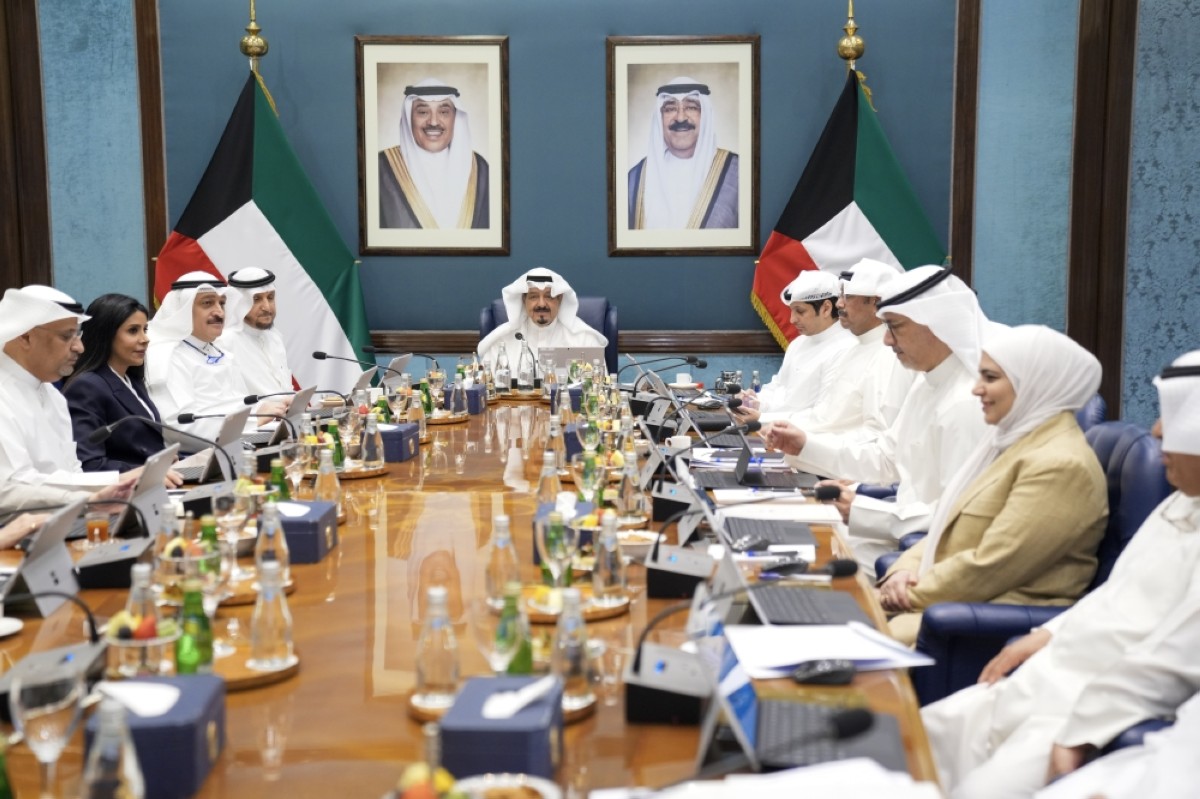

 Politics24 hours ago
Politics24 hours ago
 Politics13 hours ago
Politics13 hours ago
 Latest News20 hours ago
Latest News20 hours ago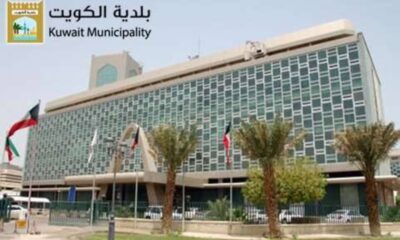
 Latest News23 hours ago
Latest News23 hours ago
 Latest News12 hours ago
Latest News12 hours ago
 Latest News22 hours ago
Latest News22 hours ago
 Latest News14 hours ago
Latest News14 hours ago
 Politics4 hours ago
Politics4 hours ago
